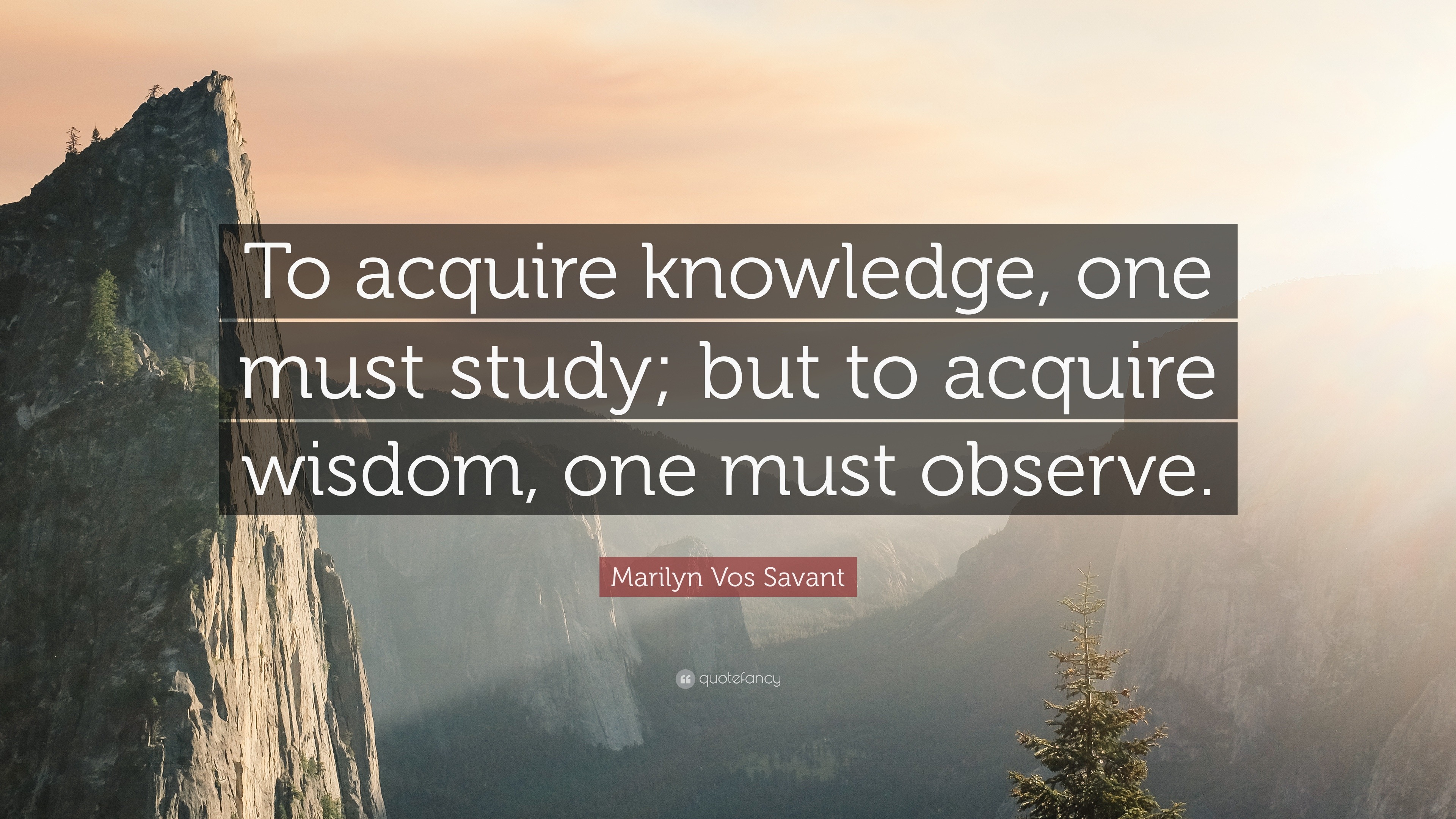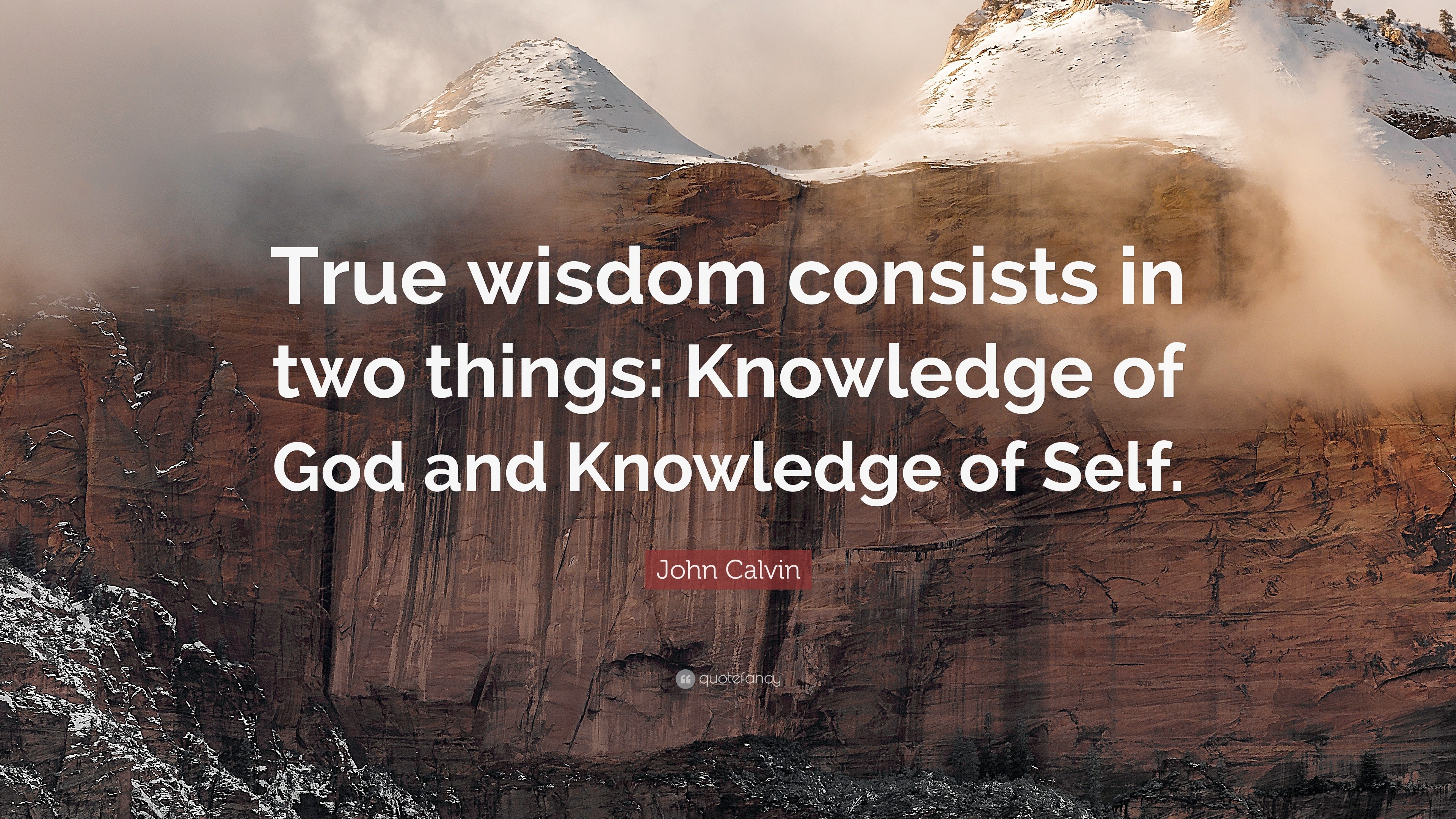Have you ever stopped to think about what it truly means to be wise? It is a question many people ponder, actually. At its heart, wisdom is about seeing things clearly, getting a real sense of the hidden qualities in things and the connections between them. This ability to discern what lies beneath the surface, to grasp the way different parts relate, helps us a lot in our daily lives, you know. It is a way of looking at the world that goes beyond just knowing facts or having information.
This deep way of seeing the world allows us to put what we know, what we have lived through, and our good sense to work. It helps us deal with life’s situations, the ones that come up every day. It is very much tied to having a clear view, a keen sense of things, and a knack for good judgment. When you think about it, making sound choices and acting with good sense comes from this special kind of insight. It is the quality of being someone who sees things with a clear head, too it's almost.
For those looking to grow this inner capability, a resource like the "wisdom academy book" could be a helpful guide. It might offer a path to explore these ideas more deeply, providing ways to think about how you use what you know and what you have experienced. Such a book could help anyone who wants to develop a more thoughtful approach to living, someone who desires to make choices that truly matter, so.
- Miners Ace Hardware Arroyo Grande Ca
- The Mav
- Bars Royersford
- Counseling Center Marquette
- Genuine Pronunciation
Table of Contents
- What Does True Wisdom Really Mean?
- How Does the Wisdom Academy Book Approach Deep Awareness?
- Wisdom as a Way of Living
- Guiding Principles in the Wisdom Academy Book
- Are There Different Kinds of Wisdom?
- Unexpected Wisdom from the Wisdom Academy Book
- What Can We Gain from Seeking Wisdom?
- Your Path with the Wisdom Academy Book
What Does True Wisdom Really Mean?
The idea of wisdom, or sapience, points to a skill that helps us apply what we know, what we have learned from past events, and our good sense to the different situations life presents. It is often linked with having a sharp eye for things, a clear way of seeing, and a good sense of what is right. This means having the capacity to use your collected knowledge and your personal history to make sound choices and sensible calls, you know. It is about being in a state or having a quality of being someone who acts with good sense.
This special kind of knowing involves knowledge of what is true or what is right, paired with fair judgment about what to do. Psychologists, people who study the mind, often agree that wisdom brings together different parts: knowledge, personal experiences, and a deep sense of things. It also includes being okay with the things in life that are not certain, which is something that happens quite a lot. Wisdom is also the capacity to get a good hold on what it means to be human, which many believe is full of opposites, sometimes goes against itself, and is always changing, so.
How Does the Wisdom Academy Book Approach Deep Awareness?
A "wisdom academy book" might explore how we get to this deep sense of things. It would likely talk about how wisdom is not just about having a lot of facts, but about how you put those facts together with what you have lived through. It is about a deeper way of knowing, a kind of clear sight that helps you see beyond the obvious. This sort of book would probably help readers think about how they can develop this kind of clear seeing in their own lives, too. It is about connecting the dots, in a way.
The book could guide someone to think about how they tolerate the parts of life that are not clear, the moments of doubt or uncertainty. This is a big part of what wise people do, apparently. They do not get thrown off by things they cannot predict. Instead, they find a way to be at peace with it. The "wisdom academy book" could offer ways to think about how to build this kind of inner calm, a kind of strength that comes from accepting what is. It is a process of growth, basically.
Wisdom as a Way of Living
Wisdom is more than just being smart or having clever thoughts. It is a good quality, a kind of goodness, and it is also a way of going about your daily life. It asks for more than just smart thoughts or pieces of information. The ancient thinker Aristotle, for instance, believed that it is not possible to be truly sensible in a practical way without certain things. This suggests that wisdom is not just something you think about; it is something you live out, really. It shows up in your actions and how you behave.
This way of living involves getting a sense of human existence, which is often seen as full of contradictions, sometimes opposing itself, and always changing. A person with wisdom can see these parts of human nature and accept them. They do not expect things to be simple or always make perfect sense. This helps them deal with people and situations with more grace. It is a kind of gentle power, you know, that comes from seeing things as they are, rather than as you wish they were.
Guiding Principles in the Wisdom Academy Book
A "wisdom academy book" would likely present principles that show how wisdom acts as a guide. It helps us figure out what truly holds importance and how to act in ways that help ourselves and others. This kind of guidance can help us steer clear of making errors, and it can help us build strong connections with people. It is about making choices that lead to good outcomes, not just for you, but for the people around you, too. It is a very practical sort of benefit, I mean.
The book might go into detail about how to recognize what is truly important in life, pushing past the things that might seem urgent but are not lasting. It would probably offer ideas on how to approach daily interactions so that they build up, rather than break down, relationships. This involves a certain kind of careful thought before acting. The "wisdom academy book" would aim to give readers tools for this kind of thoughtful living, helping them to live with more purpose and less regret, pretty much.
Are There Different Kinds of Wisdom?
The concept of wisdom takes on different forms and has various applications. For example, it is seen as one of the ways the divine nature shows itself in Jesus Christ. It is even used as a name for the second person of the Trinity, called "the wisdom of the father." This shows how broad the idea of wisdom can be, stretching from personal human qualities to something much larger and spiritual. It is a word that holds a lot of different meanings, sort of, depending on the context.
If you look at how the word is used, you find many ways to describe it. There are synonyms, ways to say it, and how it translates into other languages. A dictionary definition of wisdom often points to the capacity to know or judge what is true, what is right, or what will last. This suggests a kind of timeless quality to wisdom, something that holds true across different times and places. It is about seeing what really matters, very much so.
Unexpected Wisdom from the Wisdom Academy Book
Sometimes, the word "wisdom" shows up in places you might not expect, and a "wisdom academy book" might even touch on these surprising uses. For example, there is the oral and maxillofacial surgery center of Oregon in Medford that offers specialized removal of "wisdom teeth." This is a completely different kind of "wisdom," of course, referring to a specific set of teeth. It is a medical term, quite separate from the philosophical idea, just. This shows how words can have multiple meanings that are quite distinct.
These teeth are the very last ones to come into the mouth. When they line up correctly and the gum tissue around them is healthy, these "wisdom teeth" do not need to be taken out. This medical use of the word highlights a practical side of the term, far from deep thoughts about life. You can also find "precious bits of wisdom" in word puzzles, like a seven-letter clue that contains six letters. It is another playful, yet real, use of the word, like. A book on wisdom might even point out these different ways the word appears, showing its reach.
What Can We Gain from Seeking Wisdom?
Seeking to cultivate wisdom can bring many good things into your life. It acts as a guide, helping us to grasp what is truly important and how to act in ways that bring good to ourselves and to others. This kind of insight helps us steer clear of making errors, and it helps us build strong connections with other people. It is about living with more purpose and less trouble, honestly. The benefits touch many parts of our existence, from personal peace to better relationships.
When you have this kind of clear sight, you are better equipped to handle the ups and downs of daily life. You can make choices that are not just quick fixes but that have lasting positive effects. It helps you see beyond immediate desires to what will truly serve you and those around you in the long run. The idea that there are "429 different ways to say wisdom," along with words that mean the opposite, related words, and sentences that show its use, just goes to show how rich and varied this concept is. It is something that has been thought about in many ways, actually.
Your Path with the Wisdom Academy Book
Thinking about a "wisdom academy book" as a guide, it would likely offer pathways for personal development. It would help you think about how to apply knowledge and experience with good sense in your own life. Such a book would encourage a thoughtful approach to daily situations, helping you to see things with more clarity and make choices that are truly helpful. It is about building a better way of living, one step at a time, basically.
This kind of resource could help you consider how to develop your own ability to discern what is true and lasting. It would support you in building stronger connections with others and avoiding common pitfalls. The aim would be to help you live a life that reflects good judgment and a deep sense of what matters. It is a personal journey of growth, you know, supported by ideas that have stood the test of time.


